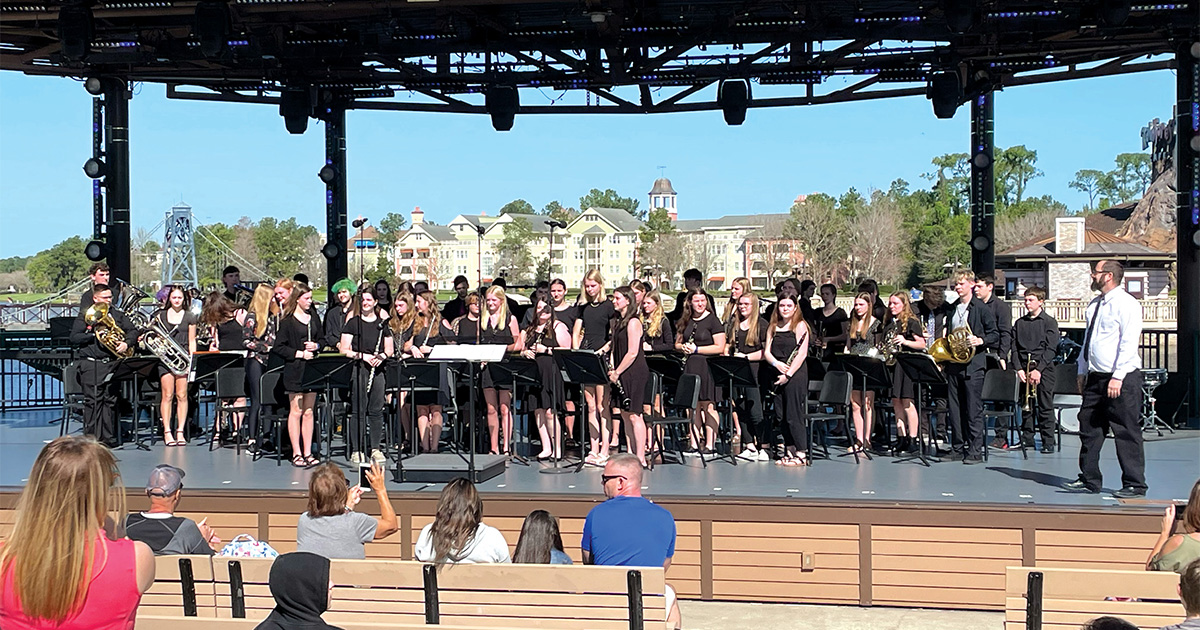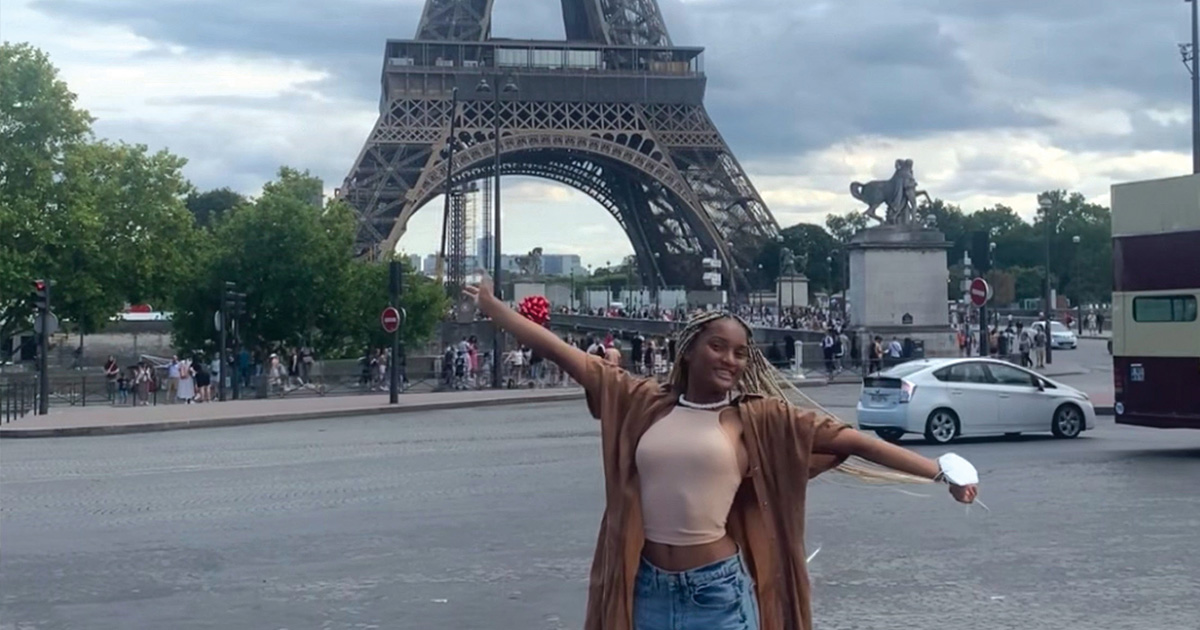The rays of the morning sun streamed through the window of the two-story country house in Normandy, France. My cousins, my brother, and I looked at each other and back. The oldest girl spoke: “Is it true that in America you only eat burgers and fries?”
To feel prejudice and to make assumptions about people you don’t know is to be human. The American penchant for eating fast food hardly matches the kinds of systemic injustice that are pervasive in today’s society, but when I was a kid meeting my European cousins I was embarrassed that this was their first thought of me. Now, when I find myself passing prejudgements on the people around me, I think to myself, “Not all Americans are Burger Kings.”
When I walked into school in my grandparent’s village of Echandens, Switzerland, on the first day of first grade and the children around me whispered and pointed, I felt alone and afraid; a little kid in an unfamiliar place. Being faced with that feeling is hard, but today I realize that I am lucky to have had that perspective. In a life where I am so fortunate, I am able to look back and understand the feeling of being an “other.” Over time, that perspective has shaped me into a more mature, tolerant and open-minded person.
I understand that many people will never have the feeling of entering a new culture where the people around you do not speak the same language or follow the same customs. But in life, every single person will experience exclusion in some way—whether you move to a new school, don’t get invited to that party with your friends, or don’t get the same respect in public because of the way you speak. Exclusion of differing degrees will affect every single person at one point or another.
It can be difficult in the moment to believe that your fear and exclusion can be useful, but I challenge each and every person to remember those negative feelings. So the next time you are met with a new student, the next time your friend doesn’t get the invite to that party, or the next time you meet someone you are tempted to immediately judge, you can remember how that feels, and turn your negative experience into something positive for someone else.
I learned that lesson with my cousins in France. I learned it with my classmates in Switzerland, and with my classmates again when I moved back to the United States. Those experiences have taught me one of the most important lessons of our modern world. To challenge my assumptions of new people, and relate to the people who I might first see as “different.”
As a senior in high school, when I move on to college I know that I will find myself challenged once again. I will meet new people and new people will meet me. But I also know that through my experience abroad, that bright summer morning with my cousins, “Not all Americans are Burger Kings,” and all people deserve the chance to form their own identity.
Colin Martin, a senior from Communications High School in Wall Township, New Jersey, wrote the fifth-place essay for the 2020 Ripley Hunter “World Is a Classroom” essay contest.




